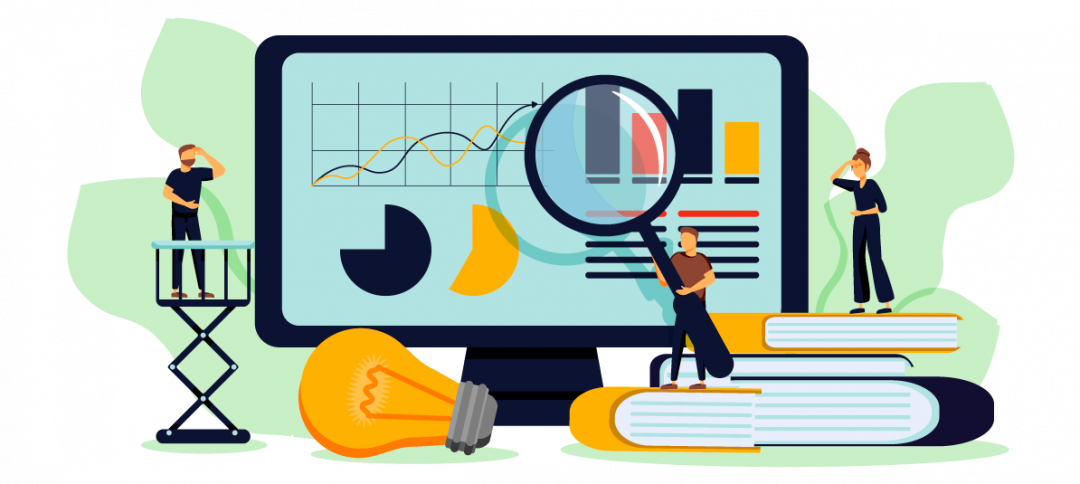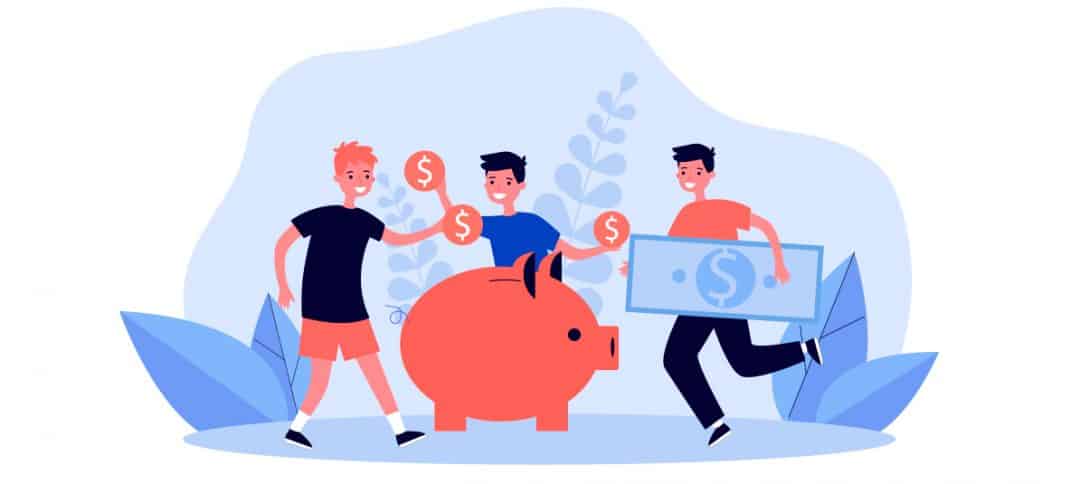The truth is that there is no one-size-fits-all answer. The most appropriate solution will depend on both the type of debt and your investment profile, which will determine to a certain extent the returns you can achieve with your investments.
Safe profit vs. potential profit
To know whether to pay off your debt or invest, the first thing to do is to be clear about how each one works and what you get in each case.
Paying off the debt early is a sure win. No matter what happens, you will have saved the interest on the loan in question. If, in addition, it is a variable rate mortgage, the benefit can be greater if you anticipate that the interest rates are going to remain high or go up.
In the case of investments we can never speak of guaranteed profit. With the exception of very conservative investments such as deposits, Treasury Bills or interest-bearing accounts, all investments involve some kind of risk.
The practical translation is that with investments we must always talk about potential profit and never about guaranteed return, as is the case with debt repayment.
The difference is that the return on debt repayment is limited and usually lower, whereas by investing our returns can be higher, especially if we have a long-term investment that takes advantage of compound interest. That is the opportunity cost of repaying debt versus investing.
How to make your decision: debt or investment
The simplest way to decide between investment or debt is to look at the interest rate of each.
In other words, what interest rate you pay for the debt and how much interest you can get by investing. Of the two, choose whichever is higher. In other words, if the interest rate you pay on your debt is higher than the return you can get on your investment, reduce your debt. Otherwise, invest.
For example, if you have credit card debt with an interest rate of 20%, you are unlikely to get an investment that will generate that kind of return. In contrast, the 3% of your mortgage or 7% of your personal loan are more achievable goals.
This is the golden rule and the simplest strategy for deciding between paying off your debts or investing.
From here, the decision can be fine-tuned by taking into account other issues depending on the type of debt or investment strategy.
To make it easier to understand, a credit or loan is not the same as a mortgage. In the case of a mortgage, the total savings does not only depend on the interest rate. Other factors also come into play, such as the length of time you have the mortgage (repaying it in the first few years is more profitable) and whether you decide to pay some off to decrease your monthly payments or to take years off the mortgage (the latter is more profitable, but less flexible).
And if you are already investing? Is it advisable to sell?
The question that often arises is whether to use your savings to invest or to pay off debt. What happens to people who are already investing and their savings are their investments? In this case, the approach varies slightly.
For starters, you have to take into account the taxes you are going to pay on that money. Although the percentage varies according to the type of investment, it is normal for the Tax Authorities to claim between 19% and 28% of the profits depending on the amount (if it is less than 6,000 euros, it will be 19%).
There are ways to reduce this impact, such as taking advantage of the possibility of offsetting losses and gains in your income tax return. For example, if you have made a loss with one investment, you could sell an investment that is in profit so that the losses are subtracted from the profits when you file your income tax return. In this way, you can avoid paying so much tax.
For example, if you have lost 1,000 euros with shares A and you have earned 4,000 euros with shares B, you can sell a part of those shares to generate 1,000 euros of profit. In this way, when filing your income tax return, the losses will be subtracted from the profits and it will be as if you had not made any profit, so you will pay no tax.
In addition, you must also evaluate the opportunity cost of leaving the market as well as the psychological aspect. In other words, once you have sold your investments to pay off the debt, are you going to invest again or not? If you know that it will be difficult for you to do it again, you should think twice.
Also from a psychological point of view, it is necessary to assess the weight of debt on your mental and financial peace of mind. If it is something that keeps you up at night, getting rid of it is probably the best solution.









